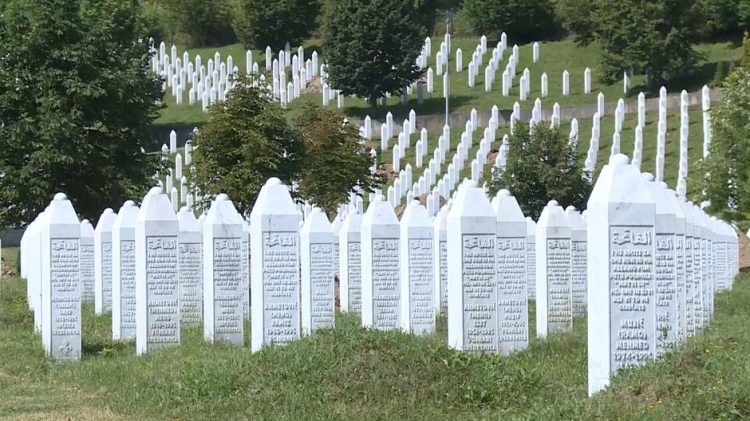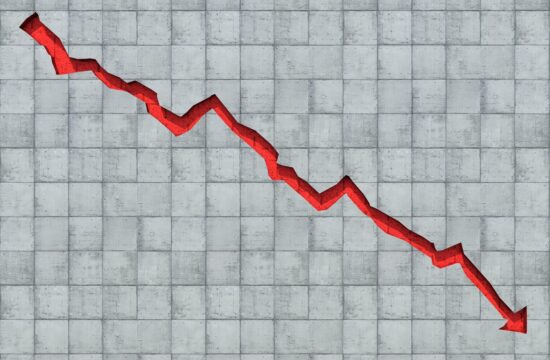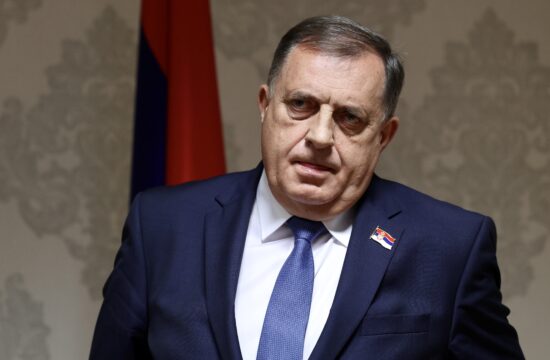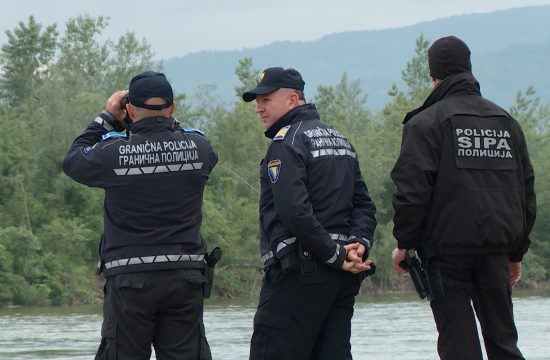
Dozens of participants will walk a 270-kilometre long path from Bosnian capital to the eastern town of Srebrenica, to attend the burial of the 1995 mass killing victims at the Potocari Memorial on July 11.
They set off on the journey on Wednesday morning.
The walk known as ‘Peace March’ will pass the original path that thousands of Srebrenica people originally passed back in 1995, fleeing the conflict-affected areas and trying to reach free territories.
“It is our duty to forgive but it would be a sin to forget. It is a hard topic. When you go down to Potocari and see how many of innocent ones were killed there, they did not die, they were killed… I have been emotional for the past ten days and it's very hard to speak about it,” said Muhamed Papic, one of the organisers.
In April 1993, the UN had declared the besieged enclave of the eastern Bosnian town of Srebrenica a safe area under UN protection.
However, in July 1995, the Dutch battalion soldiers failed to prevent the town's capture by the Bosnian Serb forces and the massacre that followed.
More than 8,000 Bosniak men and boys were killed in the UN-protected Srebrenica enclave in the days following July 11, 1995, and so far the remains of more than 6,600 have been found and buried.
The youngest participant of the symbolic walk from Sarajevo to Potocari is 12-year old Arnela Dzinelic.
“I am taking part in ‘Peace March’ to show the people that the peace should rule the world, that it doesn't matter who belongs to which religion, that what matters is being together and having the war not repeat ever again,” said the girl.
Once they reach Nezuk, a settlement some 100 kilometres away from Potocari, participants from Sarajevo will be accompanied by thousands men, women and children, to walk together to the memorial site and say the last farewell to the Srebrenica genocide victims who will be buried this year.
Bosnia's Missing Persons Institute confirmed that 33 identified victims were prepared for the burial, with the youngest victim, Osman Cvrk, who was aged 16 at the time of the death.
Two international courts, the International Criminal Tribunal for the Former Yugoslavia (ICTY) and the International Court of Justice (ICJ), ruled that the massacre was an act of genocide.
International and regional courts have sentenced 45 people for what happened in Srebrenica to a total of more than 700 years behind bars.




